-
ABOUT THE AUTHOR
Erik Jahner, PhD
Erik Jahner received his PhD in Educational Psychology from University of California Riverside and his Masters in Linguistics from California State University Long Beach. He examines how the socially situated and embodied mind develops the capacity for persistent seeking behaviors. His inquiries have been at the intersection of neuroscience, psychology, education, and linguistics, which has allowed him to explore the bioecological development around interest, curiosity, and information-seeking behaviors and experiences. On the pathway to understanding the neural dynamics of resting-state connectivity associated with differences in interest actualization, Jahner currently seeks to better understand the phenomenological and psychophysiological indicators of the emotions associated with individual interest engagement. At this moment Jahner is situating this line of research around adolescents and young adults attending a progressive high school in Los Angeles. In Jahner’s spare time, he explores the nature of humanity through science fiction, imagination, and artistic endeavors.
Tags
ADHD adolescence attention autism book review boundary conditions classroom advice conference speakers constructivism/direct instruction creativity desirable difficulty development dual coding elementary school embodied cognition emotion evolution exercise experts and novices gender high school homework intelligence long-term memory math methodology middle school mind-wandering mindfulness Mindset motivation neuromyths neuroscience online learning parents psychology reading retrieval practice self-control skepticism sleep STEM stress technology working memoryRecent Comments
- Roberta on Seriously: What Motivates Teachers to Be Funny?
- Revisiting the "Handwriting vs. Laptops" Debate: More Moving Goalposts |Education & Teacher Conferences on Handwritten Notes or Laptop Notes: A Skeptic Converted?
- The Power Of A Growth Mindset: How Students Can Overcome Challenges - Sunshine Blessings on The Rise and Fall and Rise of Growth Mindset
- Goals, Failure, and Emotions: a Conceptual Framework |Education & Teacher Conferences on “Learning from Mistakes” vs. “Learning from Explanations”
- From Destruction to Rebuilding: Hope in Science’s Down Cycle on When Analogies Go Wrong: The Benefits of Stress?
ABOUT THE BLOG
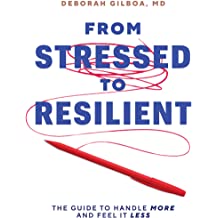
From Stressed to Resilient by Deborah Gilboa
Our lives are filled with change and all change is stressful whether that change is…

Future Tense by Tracy Dennis-Tiwary
Being that approximately 20% of US adults have reported having an anxiety disorder in the…
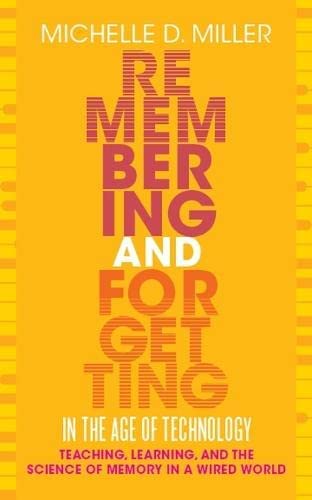
Remembering and Forgetting in the Age of Technology by Michelle...
The cognition of remembering and forgetting is central to our lives and our intellectual valuation…

The Power of Us by Dominic Packer and Jay Van...
The broad use of social media, internet search engines, personalized news feeds, and other emerging…
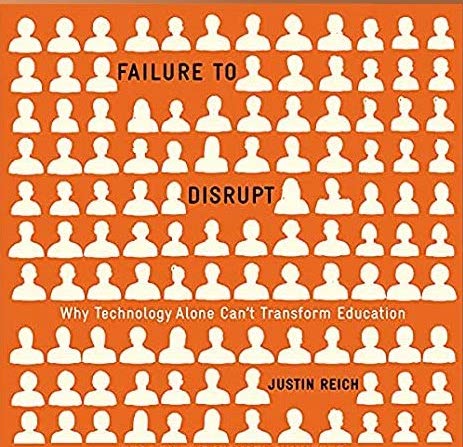
Failure to Disrupt by Justin Reich
Failure to Disrupt: Why Technology Alone Can’t Transform Education is a well-written critical synthesis of…
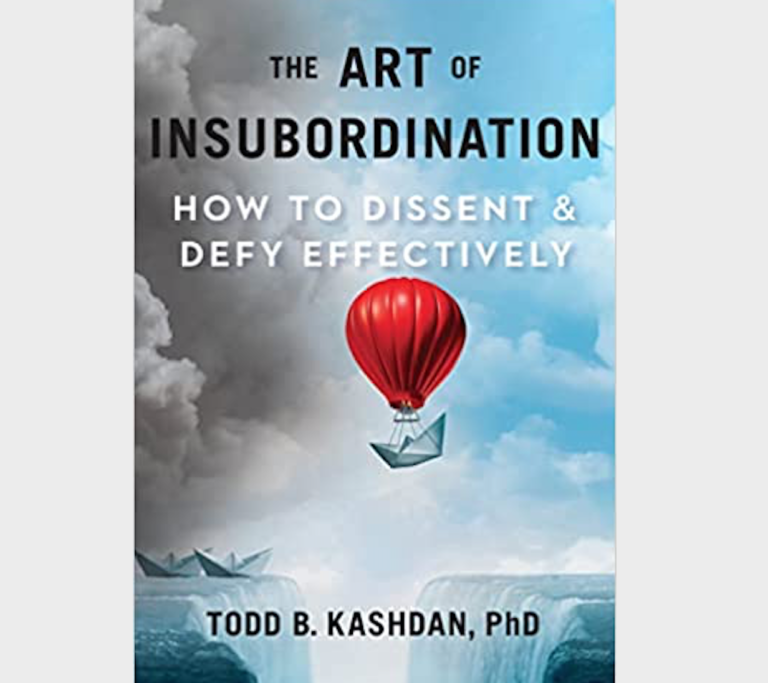
The Art of Insubordination by Todd Kashdan
The Art of Insubordination: How to Dissent and Defy Effectively, a provocative title in a…

Building Thinking Classrooms in Mathematics, Grades K-12 by Peter Liljedahl
Initially, I looked at this title and thought “not another best practice book” the bookstores…
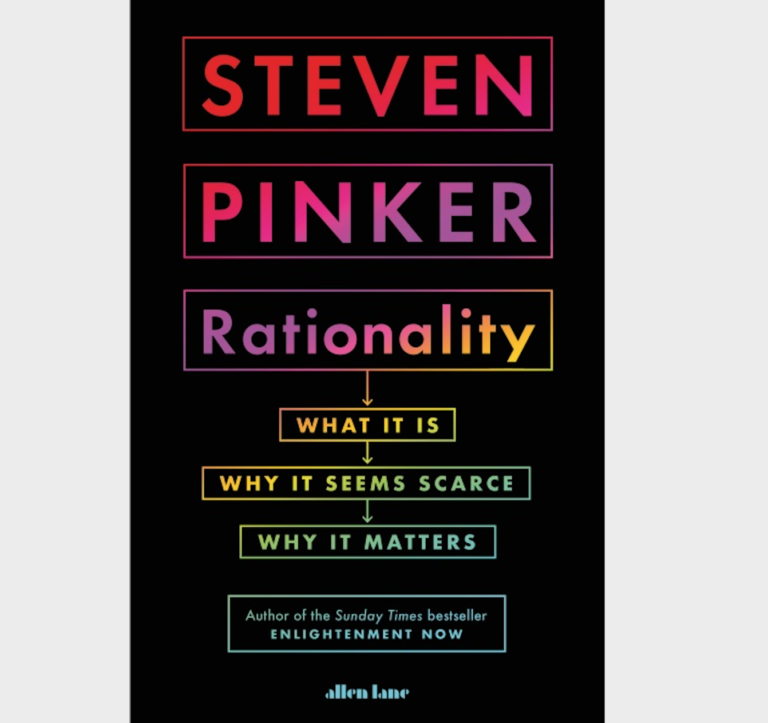
Rationality by Steven Pinker
Over the last couple of years, we have often felt like the world is losing…
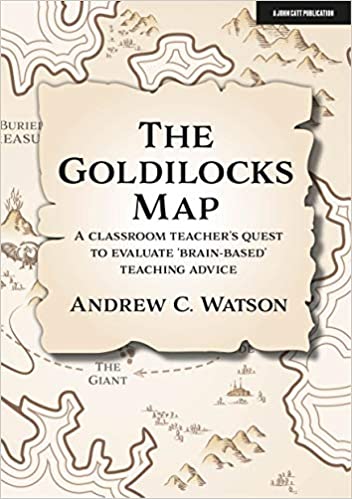
The Goldilocks Map by Andrew Watson
The Goldilocks Map: A Classroom Teacher’s Quest to Evaluate ‘Brain-Based’ Teaching Advice is an entertaining…
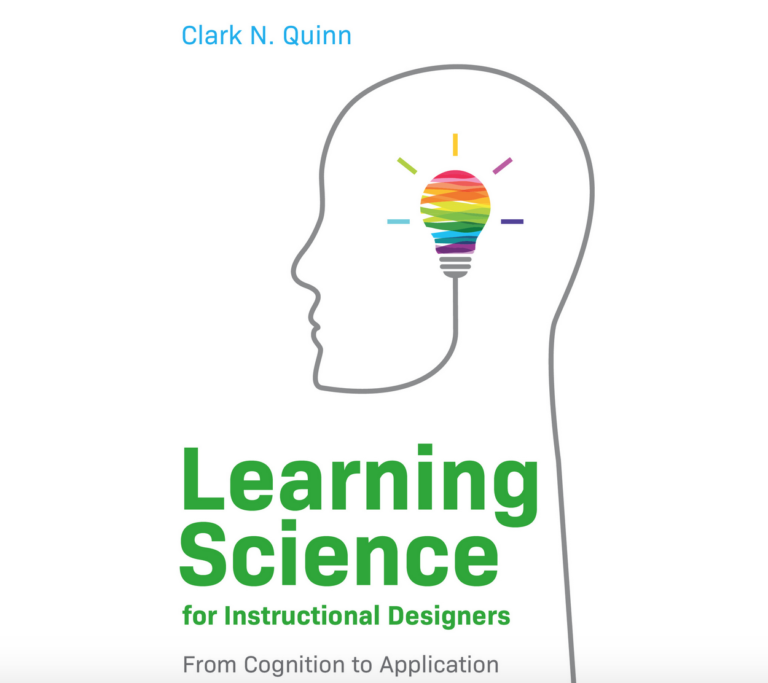
Learning Science for Instructional Designers by Clark Quinn
Learning Science for Instructional Designers: From Cognition to Application is a wonderful synthesis of the…

